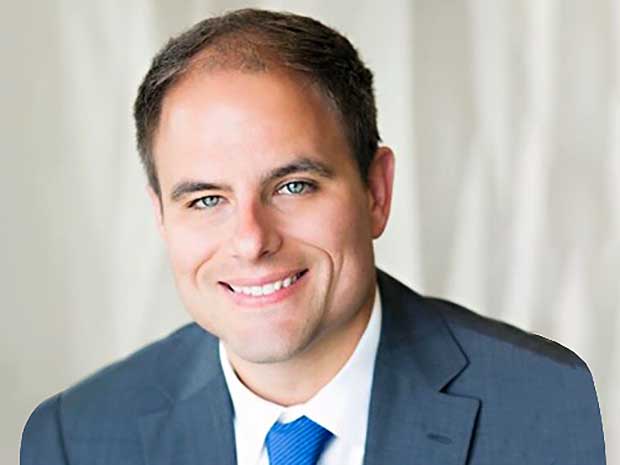Priority guidance sought in White House report
Rev. Proc. 2025-31 addresses one of the priority guidance recommendations of the White House Working Group on Digital Asset Markets, which asked the IRS and the U.S. Department of the Treasury to issue guidance regarding the ability of exchange-traded funds to stake their digital assets in a proof-of-stake type of consensus mechanism.
The guidance issued by the IRS confirms the ability of certain trusts to stake their assets, contingent upon a trust meeting several requirements. Some of the more significant requirements include:
- The trust’s staking activities disclosure must be reviewed and approved by the SEC in accordance with that agency’s Statement on Certain Protocol Staking Activities. (The SEC statement previously concluded that activities undertaken by third parties, such as third-party node operators, validators, custodians, delegates and nominators did not involve the offer and sale of securities within the meaning of the Securities Exchange Act of 1934.)
- Interests in the trust must be traded on a national securities exchange.
- The trust owns only cash and units of a single type of digital asset; transactions for the digital asset are carried out on a permissionless network that uses a proof-of-stake consensus mechanism.
- The trust’s activities are limited to accepting, holding, preserving (including staking) and disbursing the asset and paying incidental costs. The trust cannot engage in arbitrage.
- The trust and its sponsor must be unrelated to the staking provider and not attempt to influence the operations of the staking provider.
- The trust must stake all its digital assets, with some exceptions deemed necessary to comply with established liquidity and expense reserves.
Despite the revenue procedure’s length, the relief provided is very narrow. To some extent, this is understandable. A revenue procedure is not the appropriate form of guidance to address whether a certain transaction is taxable under the law. Many of the other guidance recommendations in the White House working group report need to be addressed in revenue rulings or regulations.
However, limiting relief in the revenue procedure to trusts holding only a single asset seems overly restrictive. Of course, allowing the trustee to vary the mix of investments would run afoul of Reg. section 301.7701-4(c)(1) but the revenue procedure could have prohibited this power just as it restricted engaging in arbitrage. Arguably, trusts could avoid the single asset limitation by purchasing a single asset that is backed by a composite of other assets.
Deadline to amend trust agreement
To the extent necessary, a trust may amend its trust agreement to authorize staking at any time before Aug. 10, 2026. The revenue procedure is scheduled to be published in Internal Revenue Bulletin: 2025-47.





